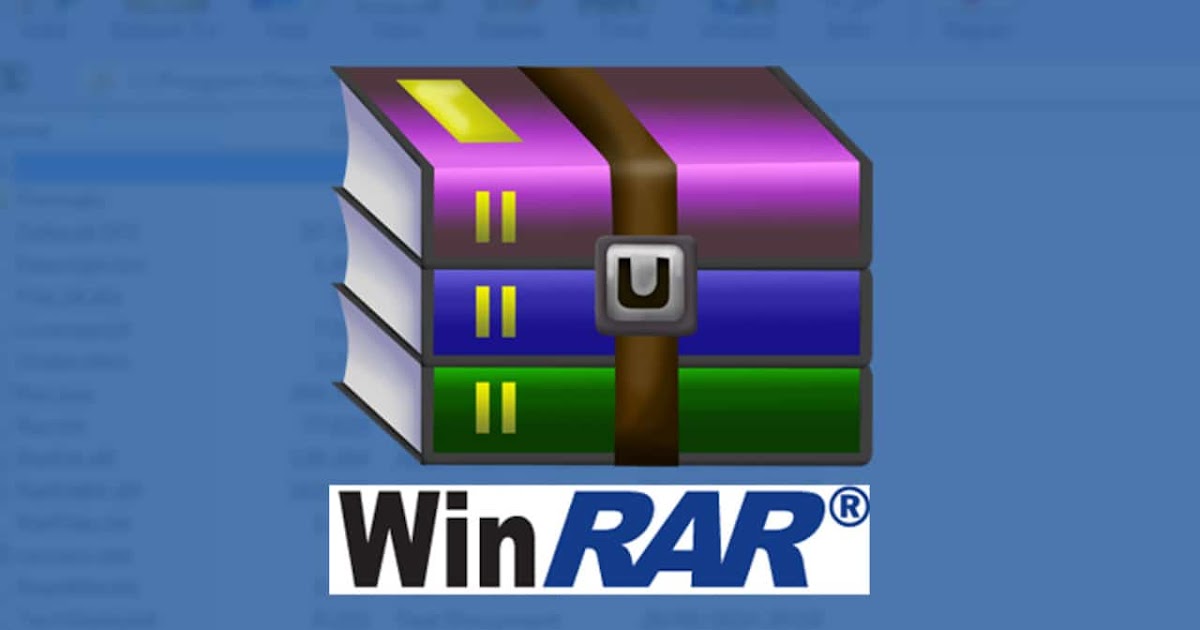

the devs of torrex made one, forgot what it was called now. i used to use 7z cus it had a windows phone app lolllllllllll. It's basically 7zip that works with the new Windows 11 File Explorer and shell.fair. I like the Nanazip 7Z app that integrates well into the Windows 11 shell (without having to select Show more options to get it). 7z is my alternative, like if I need to fit a bunch of files onto a thumb drive that might not quite hold a ZIP or RAR file. On the rare occasions when I compress files, I just use ZIP because it's universal and anyone can open them, with both the speed and size differences being negligible for me. RAR's strength is in its compression speed, being a bit faster than 7z.

GraniteStateColin said:By the way, 7z, which is definitely open source, does yield better compression (smaller files) than RAR or others. It's basically 7zip that works with the new Windows 11 File Explorer and shell. A patent can't reach backwards past that 20 year lifespan, but it could cover newer improvements since 2003.īy the way, 7z, which is definitely open source, does yield better compression (smaller files) than RAR or others. If the current most effective RAR compression methods are still covered under patent, legally, MS would need to license it from the owner to use that version. However, I see the date of its release is 1993, so with a 20-year patent life, even if it had been patented, at least older versions would be in the public domain by now (newer updates could still be protected). If only copyrighted, MS could reproduce it as long as they don't use the owner's source code. GraniteStateColin said:In a quick search, I couldn't find anything that says RAR is patented, only copyrighted.


 0 kommentar(er)
0 kommentar(er)
